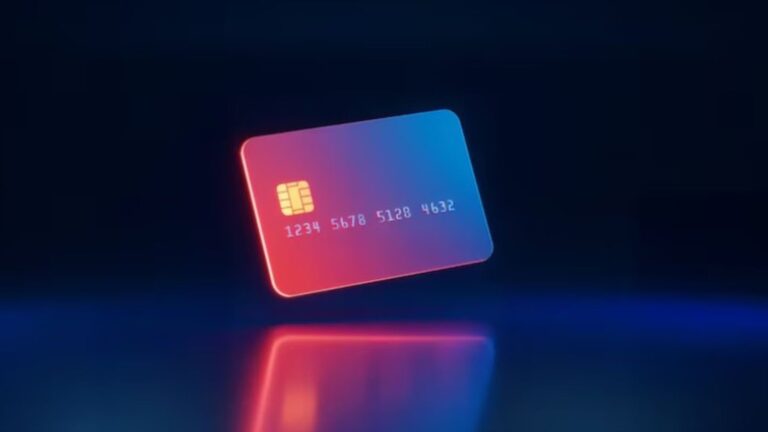Expanding your startup into international markets or working with global vendors is an exciting milestone—but it comes with its own financial complexities. Whether you’re booking flights for a European trade show, paying a freelancer in Asia, or purchasing goods from an overseas supplier, how you handle international transactions can significantly affect your bottom line.
That’s where business credit cards for overseas purchases come in. The right credit card can help you manage cash flow, avoid unnecessary fees, and even earn rewards—while the wrong one can eat into your profits through hidden costs. In this blog, we’ll break down everything U.S.-based startups need to know before choosing a business credit card for global spending.
Why Startups Need a Business Credit Card for International Transactions
Startups operating in or with foreign markets often face:
- Currency conversion costs
- Foreign transaction fees
- International merchant processing hurdles
- Fraud protection concerns
A well-chosen business credit card can help navigate these challenges by offering:
- No foreign transaction fees
- Favorable currency exchange rates
- Expense tracking and detailed reporting
- Global purchase protection and travel benefits
Key Features to Look for in a Business Credit Card for Overseas Use
Not all business credit cards are created equal, especially when it comes to international use. U.S. startups should focus on the following features:
1. No Foreign Transaction Fees
Many credit cards charge up to 3% on every transaction made outside the U.S.—a hidden fee that can pile up quickly. Look specifically for cards that advertise zero foreign transaction fees.
2. Worldwide Acceptance (Visa or Mastercard)
Some American Express cards offer excellent perks, but their international acceptance is more limited compared to Visa or Mastercard. If you’re frequently transacting in developing markets or working with smaller vendors, a Visa or Mastercard-branded business card will offer better reliability.
3. Strong Fraud Protection & EMV Chip Technology
International transactions come with increased fraud risk. Look for cards that offer:
- Zero liability on fraudulent purchases
- Real-time fraud alerts
- EMV chip and contactless capability
4. Rewards & Travel Perks
Make your spending work for you. If your startup involves international travel, choose cards that offer:
- Airline miles or travel points
- Airport lounge access
- Hotel upgrades
- Travel insurance or trip delay coverage
These benefits can help offset travel expenses for your growing team.
Tips for Managing International Spending with Your Business Credit Card
1. Understand Exchange Rates
Even with no foreign transaction fees, you are still subject to currency conversion rates. These are typically set by the card network (Visa, Mastercard, etc.) and can vary slightly. Try to make larger purchases when the U.S. dollar is strong relative to the target currency.
2. Separate Domestic and International Transactions
Consider dedicating one card solely to international purchases. This makes it easier to:
- Track expenses for tax or budgeting purposes
- Reconcile currency fluctuations
- Identify unusual activity
3. Monitor Transactions in Real Time
Most major cards now offer mobile apps with real-time alerts. Set up notifications for foreign charges to avoid delays in catching fraud or unauthorized use.
4. Watch for Dynamic Currency Conversion (DCC)
When traveling, merchants may offer to convert your total into USD at checkout. This is known as dynamic currency conversion—and it’s almost always a bad deal. Always choose to pay in the local currency to let your credit card handle the conversion at better rates.
Common Mistakes Startups Make with International Credit Card Use
- Using personal cards for business travel – This can complicate taxes and make accounting messy.
- Not notifying the issuer about travel – This may result in declined charges or fraud holds.
- Relying on debit cards abroad – These offer less fraud protection and can put your funds at risk.
Tax & Accounting Benefits for U.S. Startups
Business credit cards simplify international expense tracking by:
- Automatically categorizing purchases
- Integrating with software like QuickBooks or Xero
- Generating year-end expense summaries
In the U.S., foreign business expenses may be tax-deductible if properly documented. Consult a CPA to ensure compliance with IRS rules (especially if you’re traveling or paying contractors abroad).
Final Thoughts
For U.S.-based startups expanding their global reach, choosing the right business credit card for overseas purchases is more than just a financial decision—it’s a strategic one. Look for cards that minimize fees, offer travel benefits, and provide strong protection against fraud.
International expansion is exciting, but costly missteps with foreign transactions can stunt your growth. A smartly chosen credit card won’t just support your financial operations—it can also give you the edge in a competitive global marketplace.





